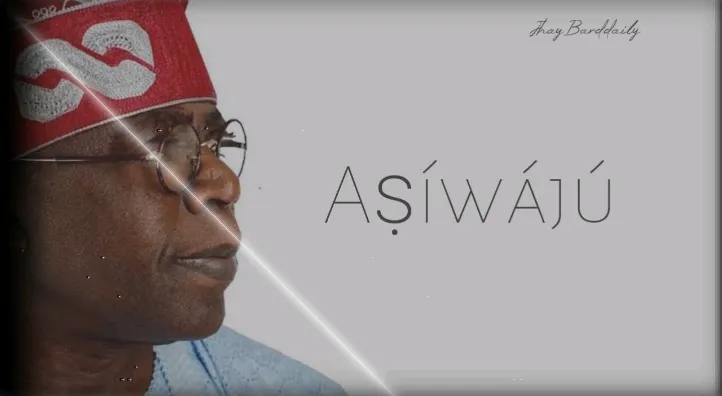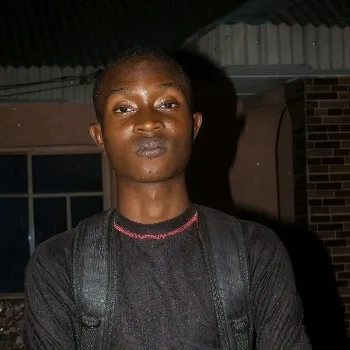Aṣíwájú:A Pathfinder's Trail
Born into the Yoruba ethnic group and practicing Islam, Tinubu hails from southwestern Nigeria. He relocated to the United States in the mid-1970s, where he got various jobs while pursuing his college education.
In 1979, he attended Southwest College (now Richard J. Daley College) and later Chicago State University, where he earned a B.S. in business and administration. His studies primarily focused on accounting, and he was employed as an accountant with several U.S. consulting firms.
Returning to Nigeria in the 1980s, Tinubu worked for Mobile Oil as an auditor, eventually advancing within the...




